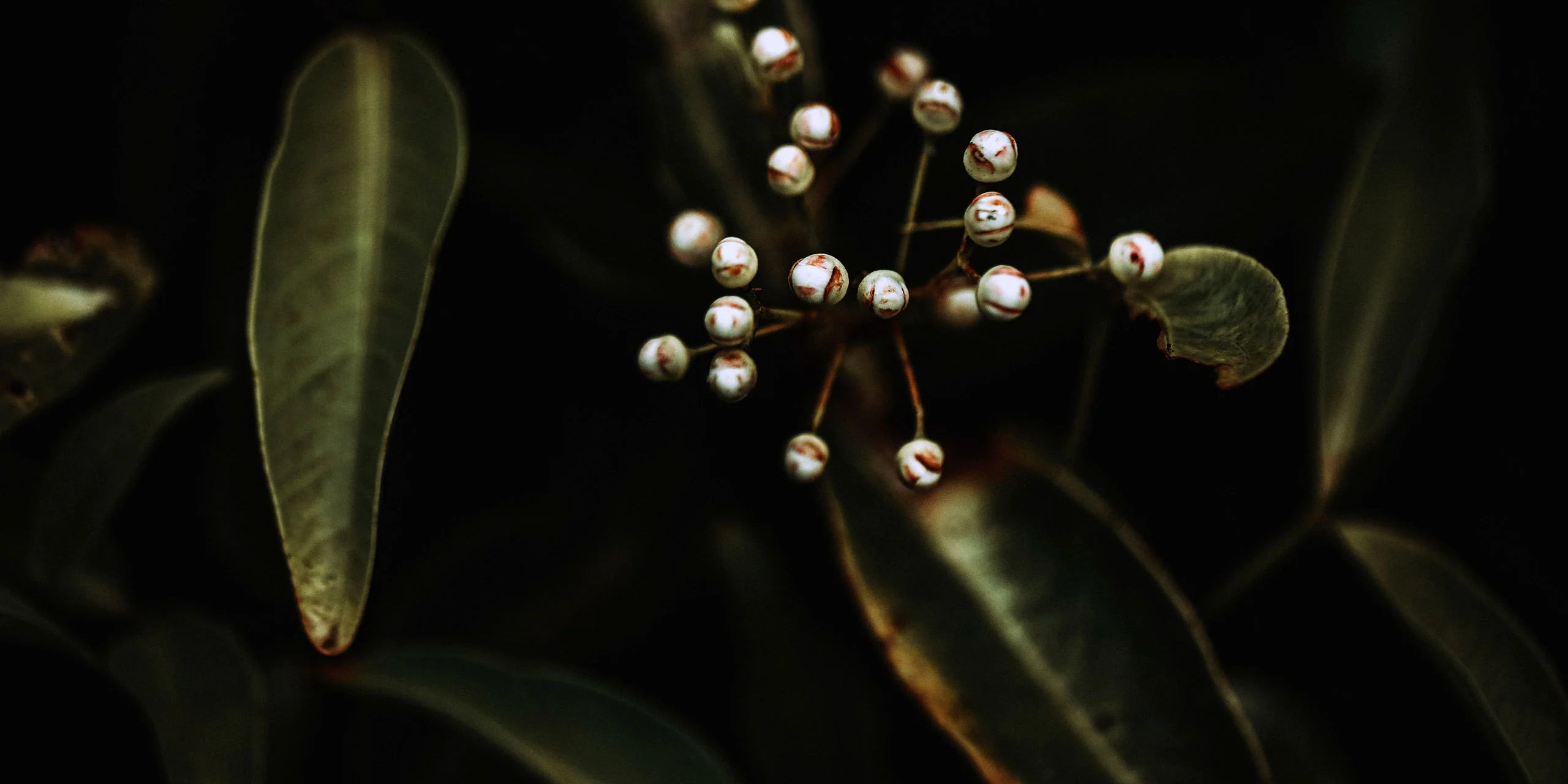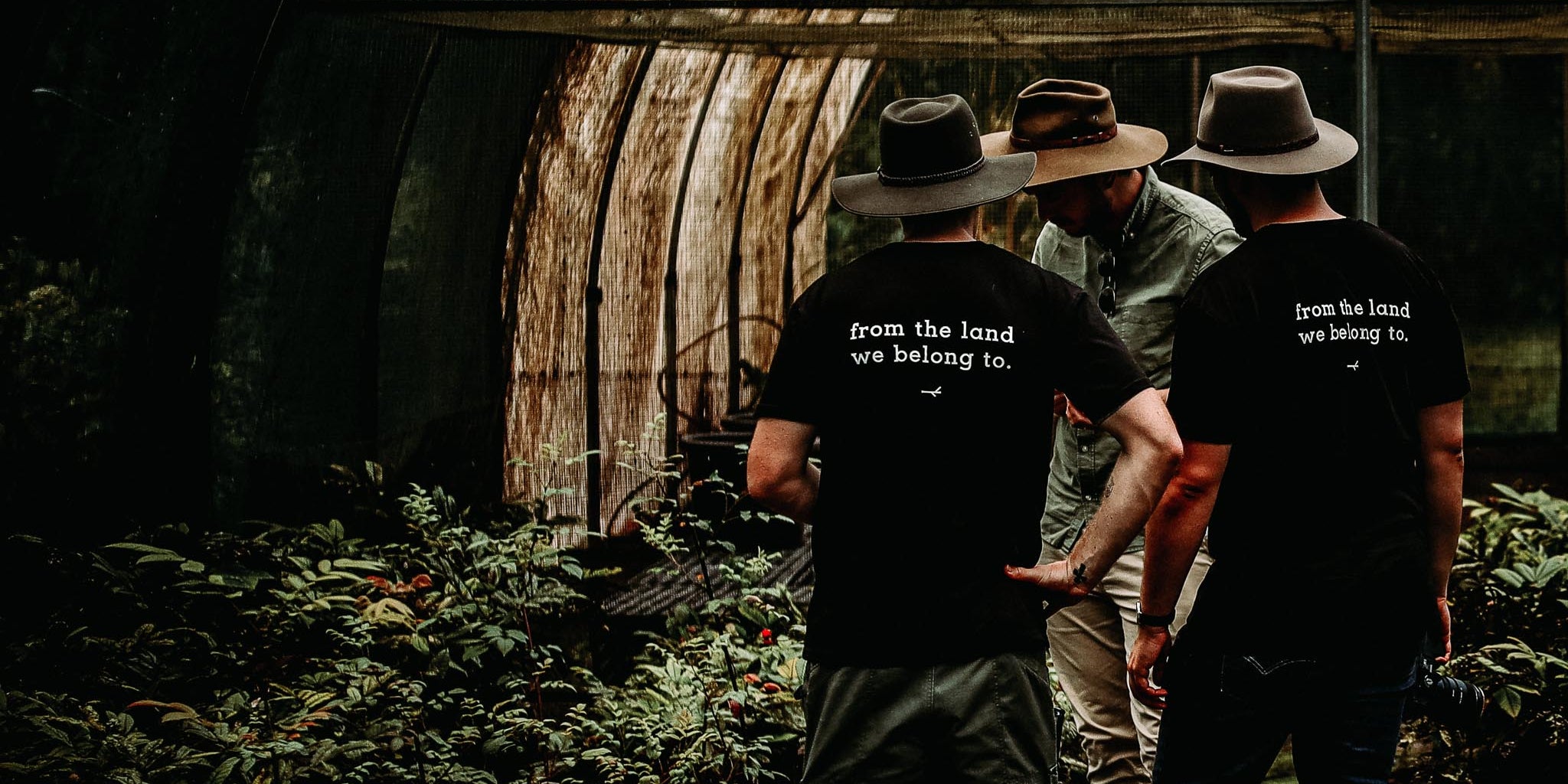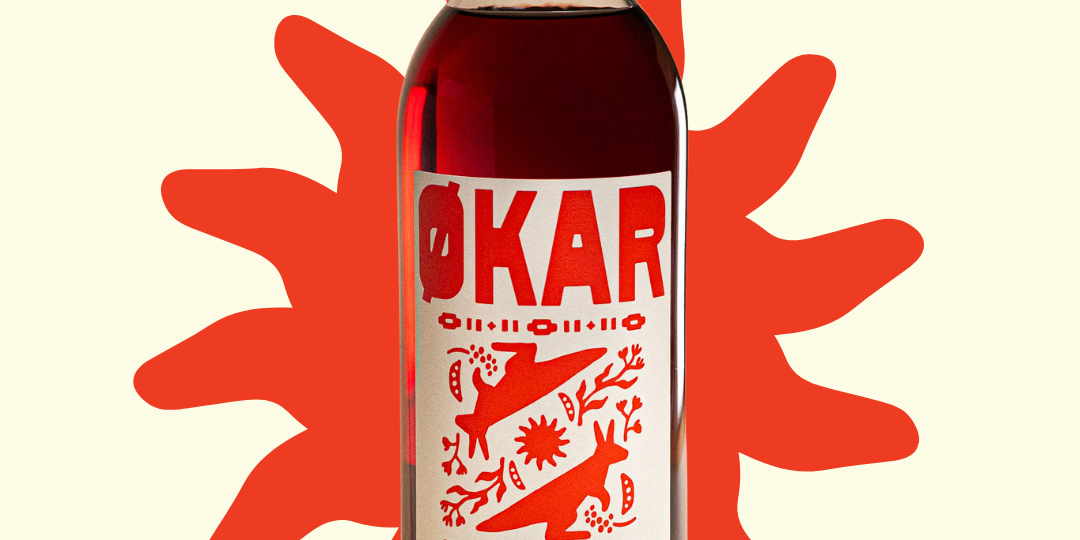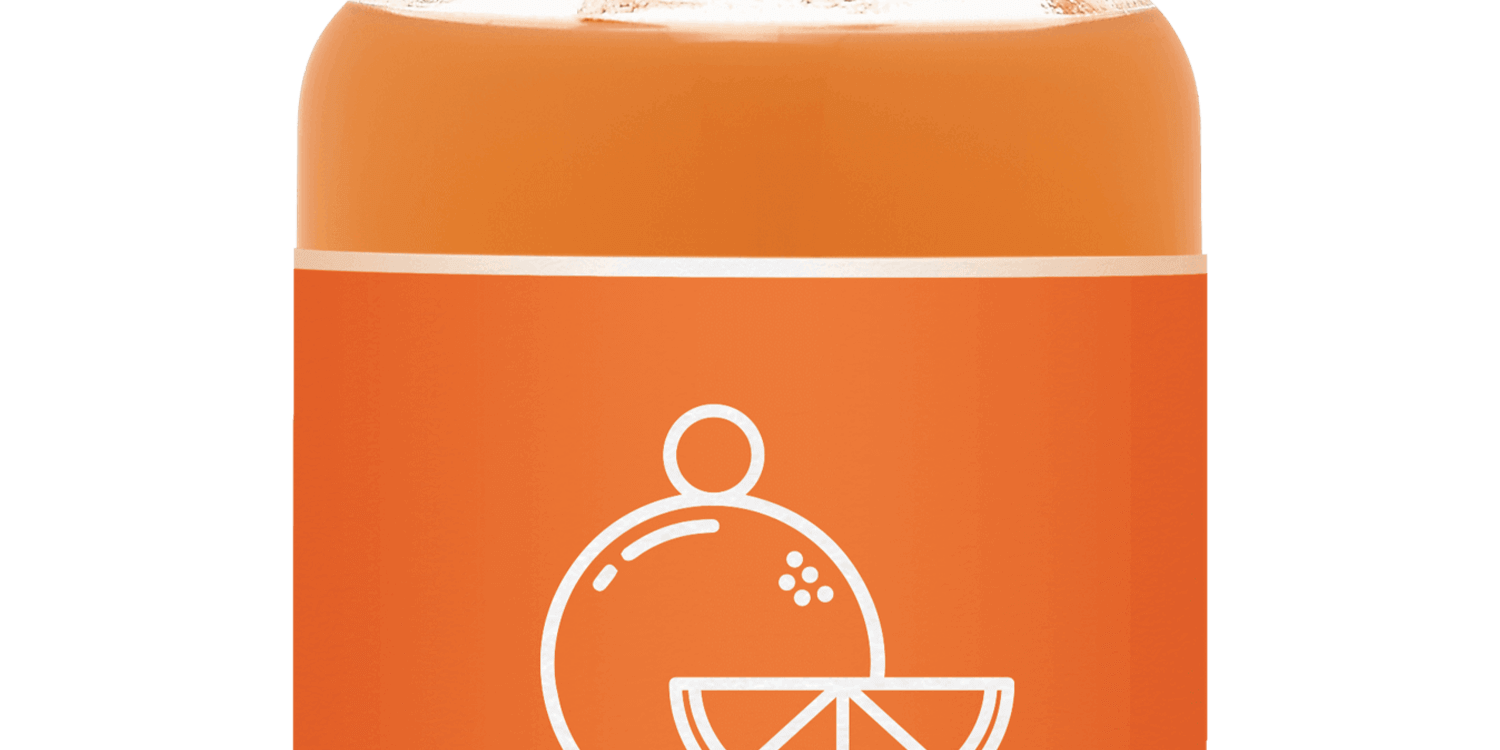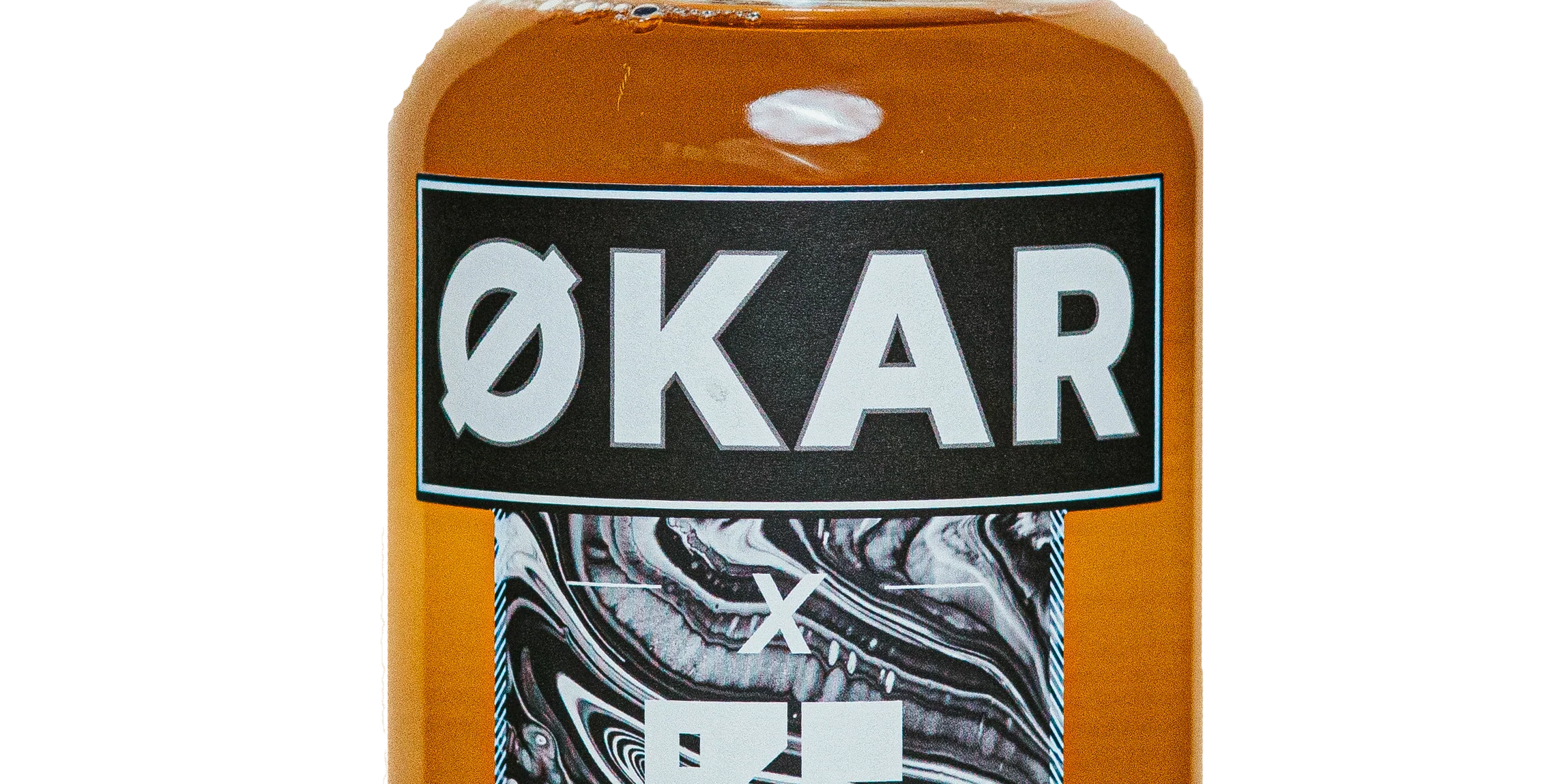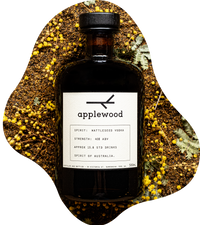Make no mistake, Australian Gin has carved itself onto the spiritous map, and we are arguably producing some of the world finest, and for some of us, producing them with some of the rarest and interesting ingredients on the planet. But we don't have hundreds of years of experience producing gin - we do have a history of rum in particular, but we've already covered that - but the Gin industry in Australia is incredibly young.
Funnily enough, it starts with whiskey, and a man called Bill Lark, who if you're into spirits in Australia, you may be familiar with that name. Bill Lark is in every sense of the word, a legend. When he set up Lark Distillery in 1992, it was the first distillery on Tasmania to have a distillation license in around 150 years! Remarkable. From then, the distillery grew in reputation and begun to leave a mark on not just Australia, but the world of whiskey as a whole.

But how does this link to gin? Easy - John Lark, Bill's brother, was inspired by this and decided along with his wife Sarah to set up their own distillery. Not on Tasmania, but on another small island just south of the mainland. Kangaroo Island, South Australia. They named it Kangaroo Island Spirits or KIS for short.
Their goal was Gin first and foremost, to be Australia's first dedicated gin distillery, by celebrating the key ingredient - Juniper, of course - but with a twist. They were to use what has been commonly referred to as native juniper - Boobialla. While Boobialla is technically not an actual form of Juniper, as it is not in the Juniperus family, instead being in the Scrophularia or Figowort family, so it was to be used alongside traditional juniper to create Australia's first modern gin and using indigenous ingredients to boot!

That was kind of it for a while, other micro-distilleries popped up over the country, and there were rumblings of a growth in gin. The hospitality industry began to flourish for many years, and gin became increasingly more popular through that - heralded by legendary venues like Gin Palace in Melbourne. There was a need for a first pour gin, something that bartenders could afford to use for all their gin and tonics, and it had to be good too. Enter West Winds.
West Winds set up based in Western Australia looking to take the Australian Gin and Spirits industry by storm with a delicious, affordable and house-pourable gin. That's exactly what they did when they burst on the scene. Within 3 weeks of launching, they picked up Double Gold at the San Francisco World Spirits Competition, arguably the most prestigious spirits competition in the world. Gin was on the rise in Australia.

From then came Four Pillars in 2013, picking up gongs left right and centre with their Rare Dry Gin, Adelaide Hills Distillery shortly followed and after a little while longer, so did a little distillery called Applewood in 2015. In 2013 there was around 10 gins crafted in Australia, in 2020 we're looking at upwards of 700.
What's fascinating about Australian Gin overall though, is that it's an undefinable category. A large majority of the Gins produced in Australia are crafted in London Dry styles using London Dry Style ingredients - and there is absolutely nothing wrong with that whatsoever - but it doesn't feel all that distinctly Australian. Those spirits are finely crafted and some are picking up awards all over the place, rightly so, more or less it just proves we're brilliant makers and distillers, and we are that's for damn sure, but what is the brand of Australian Gin?

With that in mind, there is a contradiction to that statement, as plenty of incredible Australian gins that are at the forefront of our industry are championing indigenous Australian ingredients. West Winds since day one have been using Bush Tomatoes and Lemon Myrtle, Four Pillars have refined their recipe over time to also use native ingredients like Pepperberries and Lemon Myrtle. There are hardcore distilleries like Brookies based in Byron at Cape Byron Distillery, who are championing it wholeheartedly with their Macadamia Liqueur and their Davidson Plum 'Slow' Gin.
I guess that's what we would like to personally see at the forefront of the Australian Gin and Spirits industry in the future. An unabashed dedication to crafting truly Australian Gins that are distinctly Australian. Something to define us and put us on the map in a way that is irreplicable anywhere else in the world - until other countries start importing lemon myrtle, wouldn't that be incredible?

We're clearly biased, obviously, but there's potential for a whole new category of gin, something concrete and firm. A combination of indigenous ingredients combined with classic botanicals that have gotten us to where we are. We can switch to native citrus, we technically can't switch to native juniper. Corriander seed is not really replaceable, but pepperberries over peppercorns certainly are. It's an ambitious statement to make, but we're a remarkable country and we celebrate our uniquity every day - I for one would love to see that translate and reflect in our emerging Australian spirits industry.
